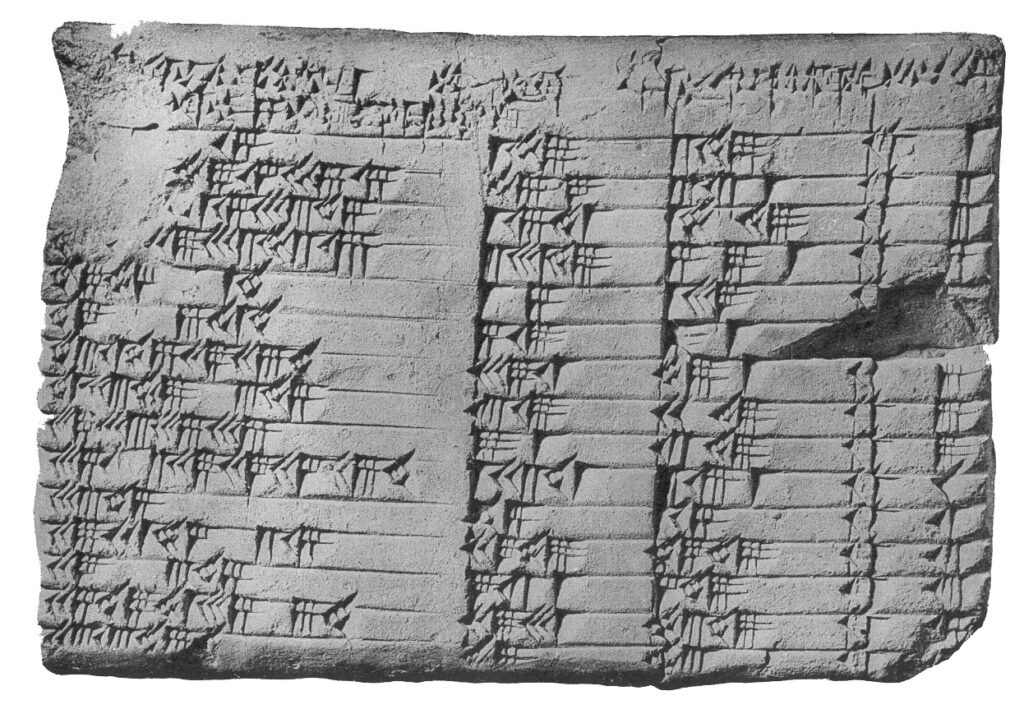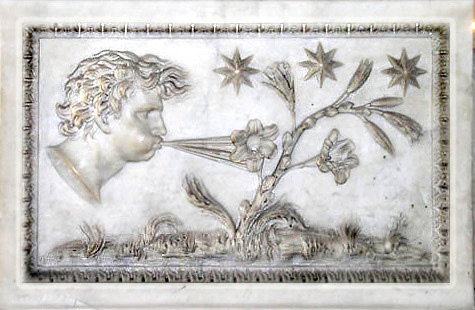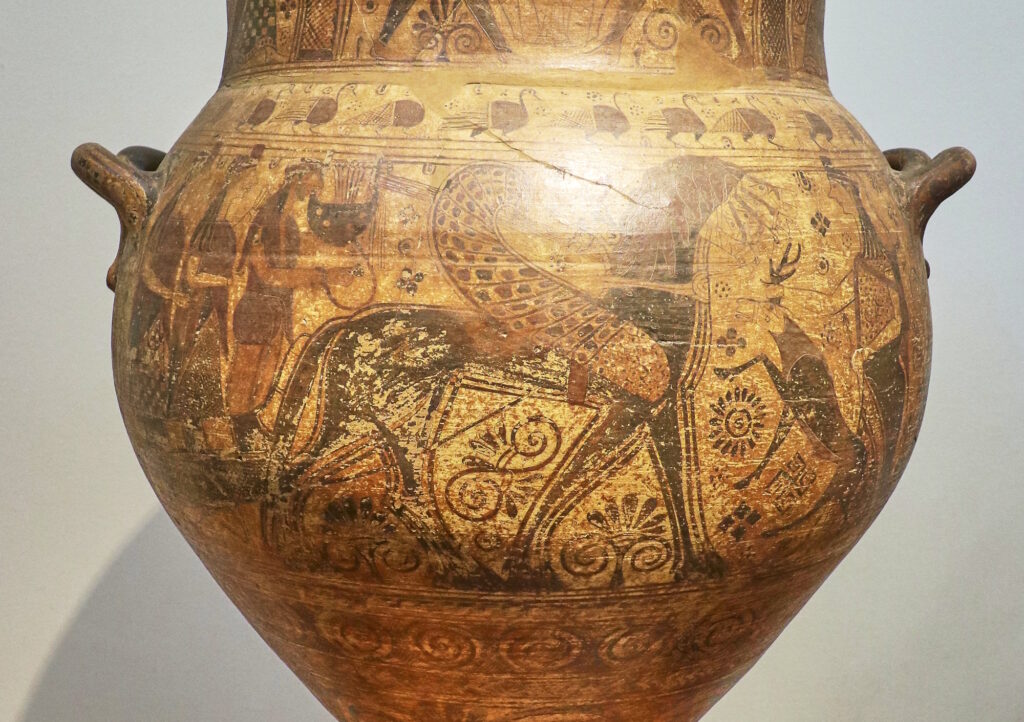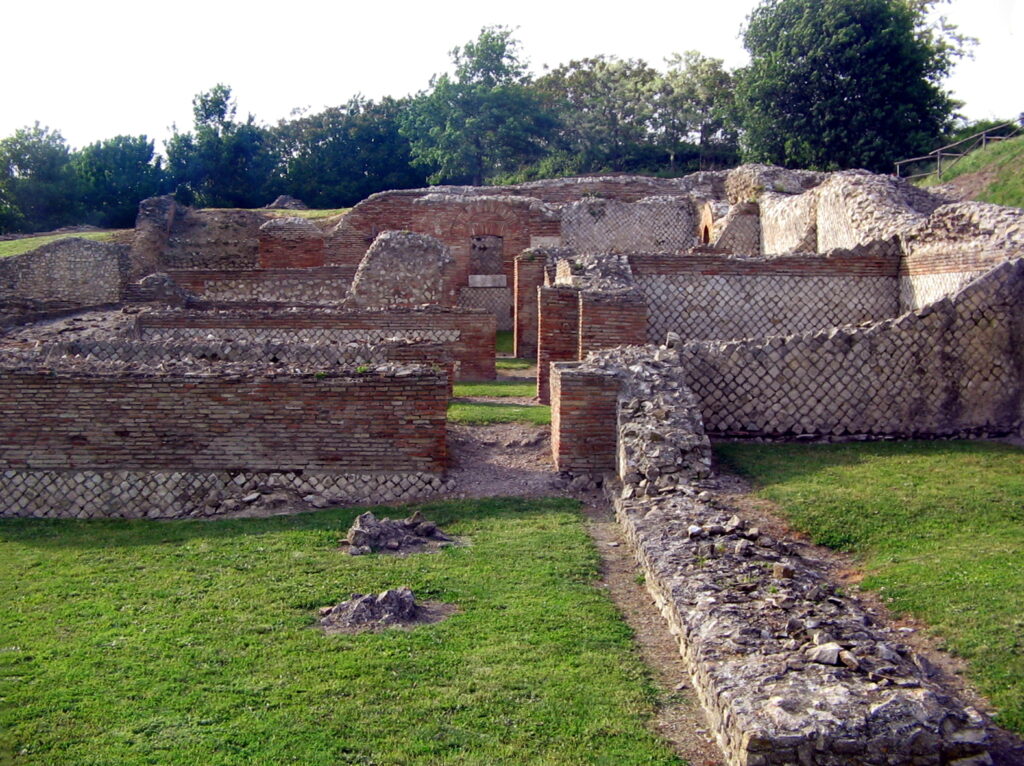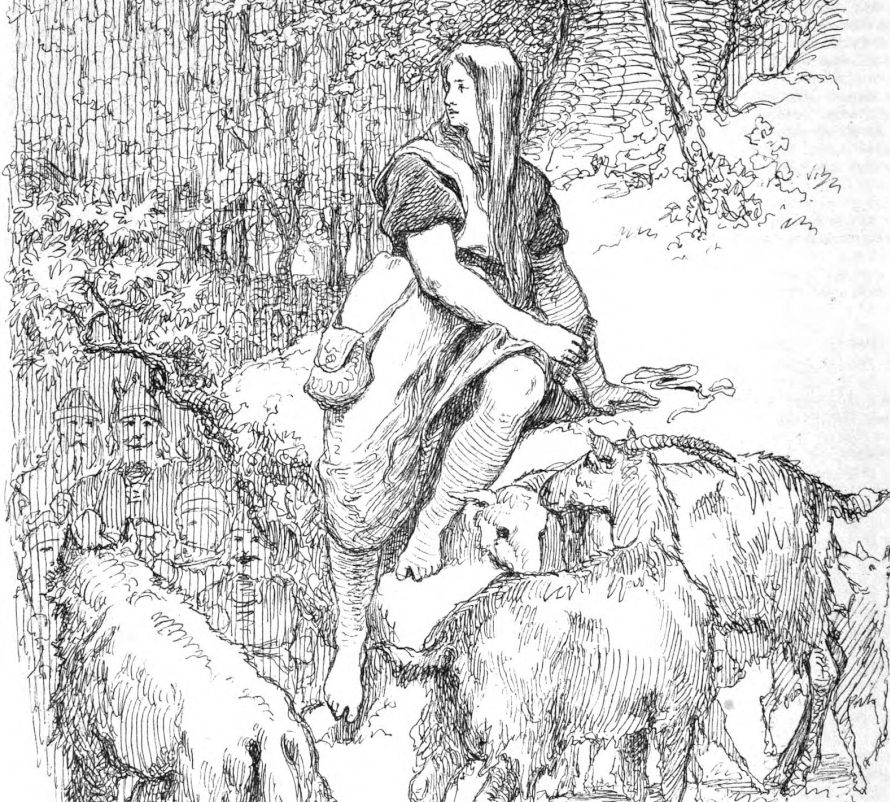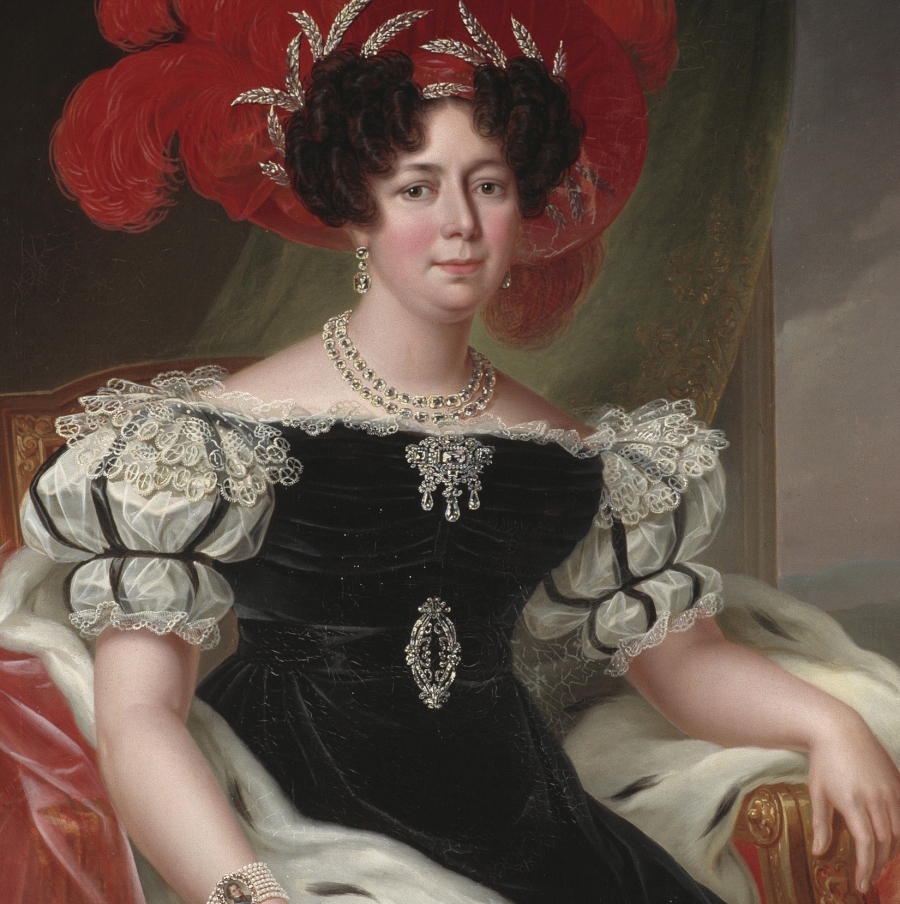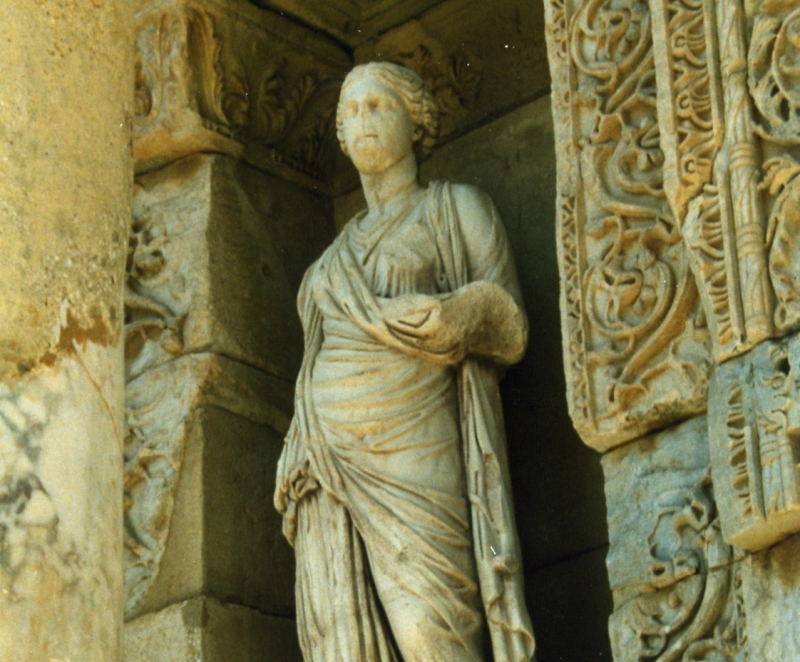Focus On: (474) Prudentia
Name origin: Roman personification of prudence. Prudentia, whose attributes are a mirror and a snake, is frequently depicted as a pair with Justitia, the Roman goddess of Justice. The word “prudence” derives from the Latin prudentia meaning “foresight, sagacity”.


